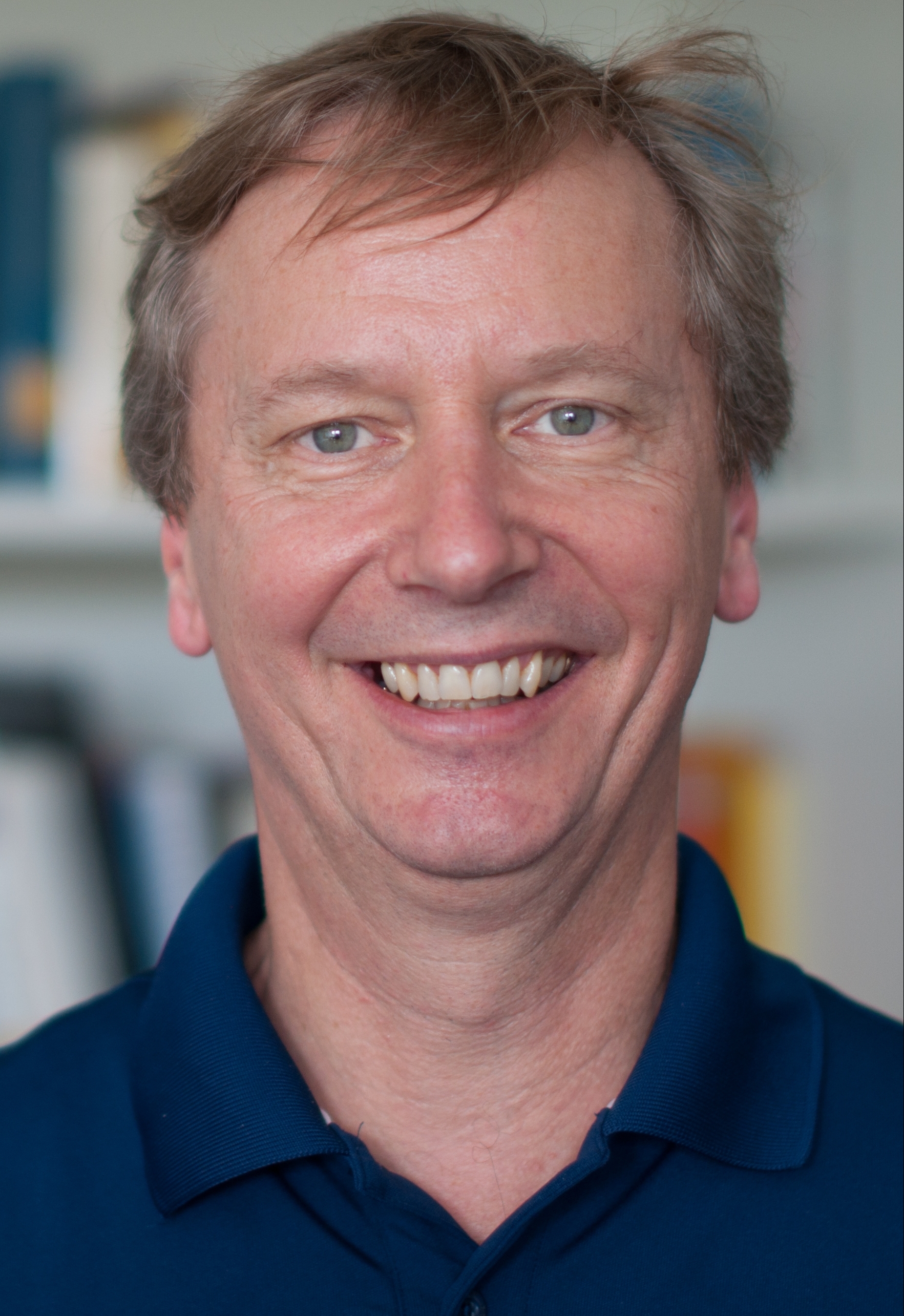
Gerhard P. Fettweis
TU Dresden, Germany
On the ZuKiMo Chip AI Accelerator for Automotive
Abstract
Robotic cars are in desperate need for a performance boost of AI algorithm implementations provided by custom chip hardware, in particular for CNNs and Transformers. There are multiple challenges when addressing this need by hardware AI accelerators. Firstly, AI algorithms are inherently nonlinear. Secondly, they are extremely memory intensive. The presentation shows the result of 3 years of joint research of TU Dresden, in particular with the partners BMW, DreamChip, Leibniz University Hanover, KIT, and Infineon. The project team built a complete platform chip, the “ZuKiMo chip”, embedding TU Dresden’s novel AI accelerator. The AI unit is fully programmable for CNNs and transformers, covering a wider variety of algorithm parameters than previous designs. It also allows for flexible variable word-length execution per layer, taking full benefit of this in terms of compute performance and power consumption. The chip was fabricated in 22nm FDX and achieves top benchmark results in terms of performance and energy consumption.
Biography
Gerhard P. Fettweis, earned a Ph.D. under H. Meyr at RWTH Aachen. After a postdoc at IBM Research, San Jose, he joined TCSI, Berkeley. Since 1994 he is Vodafone Chair Professor at TU Dresden. Since 2018 he also heads the Barkhausen Institute. 2019 he was elected into the DFG Senate. He researches wireless transmission and chip design, and coordinates e.g. the 5GLab Germany, has spun-out 17 startups, and is member of 2 German Academies: Academy of Sciences/“Leopoldina”, Academy of Engineering/“acatech”.
Download
gerhard-fettweis.pdfIf you wish to modify any information or update your photo, please contact Web Chair Hiroki Matsutani.
